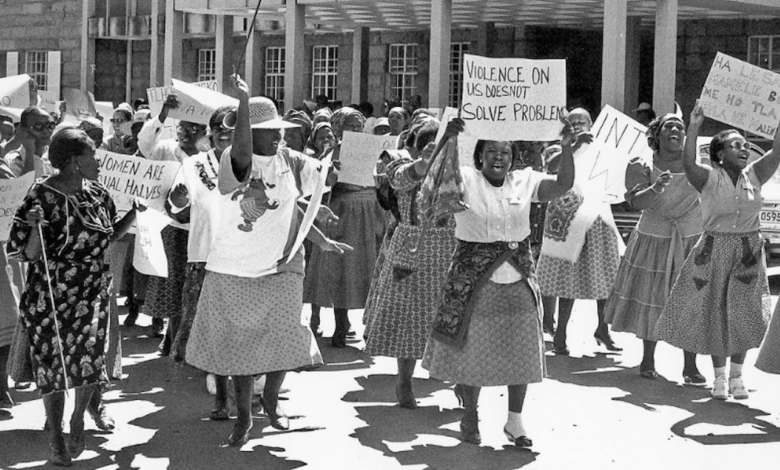10 Amazing Facts About National Women’s Day

South Africa Women’s Day, observed annually on the 9th of August, holds a significant place in the nation’s history and cultural fabric. This day serves as a tribute to the remarkable women who have played a pivotal role in shaping the country’s past, present, and future. From its origins rooted in activism to its modern-day celebrations, South African Women’s Day is a testament to the strength, resilience, and progress of women in the nation.
1 A Historical Milestone:
South African Women’s Day has its roots in a momentous event that occurred on August 9, 1956. On this day, approximately 20,000 women from all walks of life marched to the Union Buildings in Pretoria to protest against the discriminatory pass laws imposed by the apartheid regime. This iconic Women’s March marked a turning point in the struggle for racial and gender equality in South Africa.
2. Unity and Strength:
The 1956 Women’s March showcased the unity and determination of South African women, transcending racial and cultural boundaries. The image of women singing and marching hand in hand has become a powerful symbol of resistance and solidarity.
3. National Public Holiday:
In recognition of the significant role that women played in the struggle against apartheid, South African Women’s Day was declared a national public holiday. This holiday provides an opportunity to reflect on the sacrifices made by women and the progress achieved in the ongoing pursuit of gender equality.
4. Empowerment and Advocacy:
This day is more than just a commemorative occasion; it is also a platform for advocating women’s rights and empowerment. Events, seminars, and discussions are held across the country to address issues such as gender-based violence, economic inequality, and women’s participation in politics and leadership roles.
5. Women of Strength and Leadership:
The celebration of Women’s Day shines a spotlight on the remarkable achievements of women who have excelled in various fields, including politics, academia, arts, sports, and entrepreneurship. Their stories inspire young women to pursue their dreams and overcome obstacles.
6. Cultural Expressions:
Cultural performances, art exhibitions, and literature festivals are common features of South African Women’s Day celebrations. These creative expressions highlight the diverse experiences and contributions of women in the country’s rich cultural tapestry.
7. Addressing Challenges:
While South Africa has made significant strides towards gender equality since the end of apartheid, challenges persist. Gender-based violence, unequal access to education and healthcare, and the need for greater representation of women in leadership roles remain areas of concern that Women’s Day seeks to address.
8. Intersectionality and Inclusivity:
The observance of this day emphasizes the importance of intersectionality, recognizing that women’s experiences are shaped by various factors, including race, class, and sexuality. Inclusivity and a commitment to addressing the needs of all women are key principles of the celebration.
9. Inspiring Future Generations:
The day inspires young girls and women to believe in their potential and contribute to the ongoing journey towards gender equality. Educational initiatives, mentorship programs, and leadership workshops encourage the next generation to carry forward the legacy of resilience and progress.
10. A Beacon of Hope:
South African Women’s Day stands as a poignant reminder of the courage and determination displayed by women in their fight against injustice and inequality. It celebrates the achievements of the past while propelling the nation forward in its pursuit of a more inclusive and equitable society.




